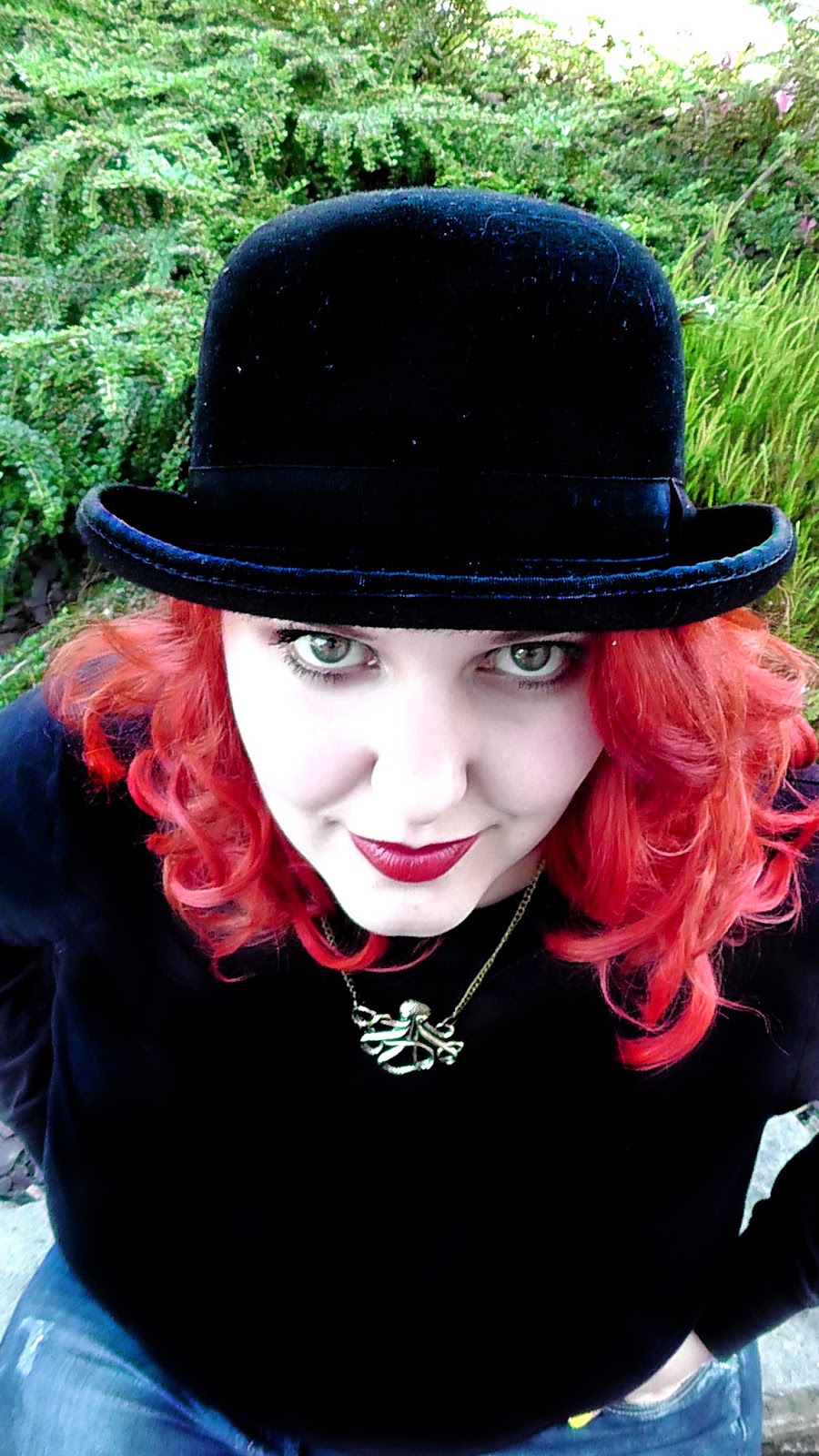True Face is a new non-fiction book from author, Siobhan Curham. It's an interactive self-help and exploratory guide that will get teens thinking (so says Little M (15) who has been reading an advance copy ). It's all about how you think and feel about, and see, yourself in today's social media frenzy world and in the future. It's full of advice and 'quizzes' (a bit like the ones a life coach might get you to do). It publishes in the UK today and I'd keep a look out for it if I was you.
One of the things Siobhan talks widely about is the importance, the freedom and even the courage to dream boldly. Here, Siobhan shares an exercise that gives you a taste of what True Face offers. And there's a website too - Siobhan is building up an ambassadorial revolution!
Over to Siobhan.
*******
In True Face I talk a lot about the importance of dreaming boldly. But how can we make our dreams a reality?
The following exercise is taken from True Face and it’s one I did way back when I was still dreaming of becoming a writer. I’d like to point out that at the time I had no contacts in the publishing world, I’d dropped out of uni, I’d never attended a writing class and I was a young mum. So if it worked for me, it can definitely work for you!
Take some time when you know you won’t be interrupted. Sit or lie somewhere comfortable, with a notebook and pen handy, then close your eyes and relax.
Picture yourself in five years’ time.
- How old will you be?
- Where would you like to be?
- What would you like to be doing?
- Who would you like to be with?
In this dream world anything is possible, so if your inner voice starts saying things like: ‘you could never achieve that’, please just ignore it. For the purposes of this exercise, anything is possible.
Once you’ve got a basic idea of how you’d like your life to be let’s get a bit more detailed.
Picture yourself waking up in your dream life five years from now and slowly take yourself through your dream day.
- Where are you living?
- Who are you living with?
- Where do you work?
- What do you do for fun?
Dream boldly, remembering that anything’s possible.
How do you feel, living this dream life?
Really enjoy getting into these feelings.
Imagine the places you go to and all the different things you do throughout your day.
Then, when you’re ready, open your eyes and jot down everything you can remember.
When I first did this exercise I was living in a flat above a chip shop in London with a new baby. I’d never had a word published and I was on maternity leave. As the youngest of my friends to become a mum, I was feeling slightly down and isolated.
My five-year goal was to be living in the countryside with a book deal.
When I got more detailed about it, I added in a lunch with a big group of friend, a dance class and an evening stroll somewhere scenic.
It seemed so far from where I was to where I wanted to be, the enormity of my dream was daunting to say the least.
But the joy of this exercise is that it breaks things right down.
So, if your five year dream seems impossible to get to from where you are right now, don’t panic.
In your notebook, write a new title: ONE YEAR DREAM
What could you realistically achieve in the next year towards your overall goal?
When I did this I realised that I could realistically try to get an article and short story published so I made that my goal.
Once you’re clear on your one year goal, break it down even further.
What could you realistically achieve towards that one year goal in the next month?
I made my one month goal to write the first draft of a short story.
And, if you like, you can break it down even further than that, asking yourself what you could achieve in the next week and the next day.
By breaking our dreams down like this, we create manageable stepping stones. And with each stepping stone we cross, we become more confident and our five year dream looks more possible.
This is exactly what happened to me.
Within a year, I’d had a handful of articles and short stories published.
And within two years, I’d got my first book deal.
I’m writing this blog post from my home in the Hertfordshire countryside (nowhere near a chippy!), earlier today I went dancing and had lunch with friends and True Face is my tenth book to be published, with another couple to follow soon. This is what happens when we dream boldly; our reality can exceed even our wildest dreams!









